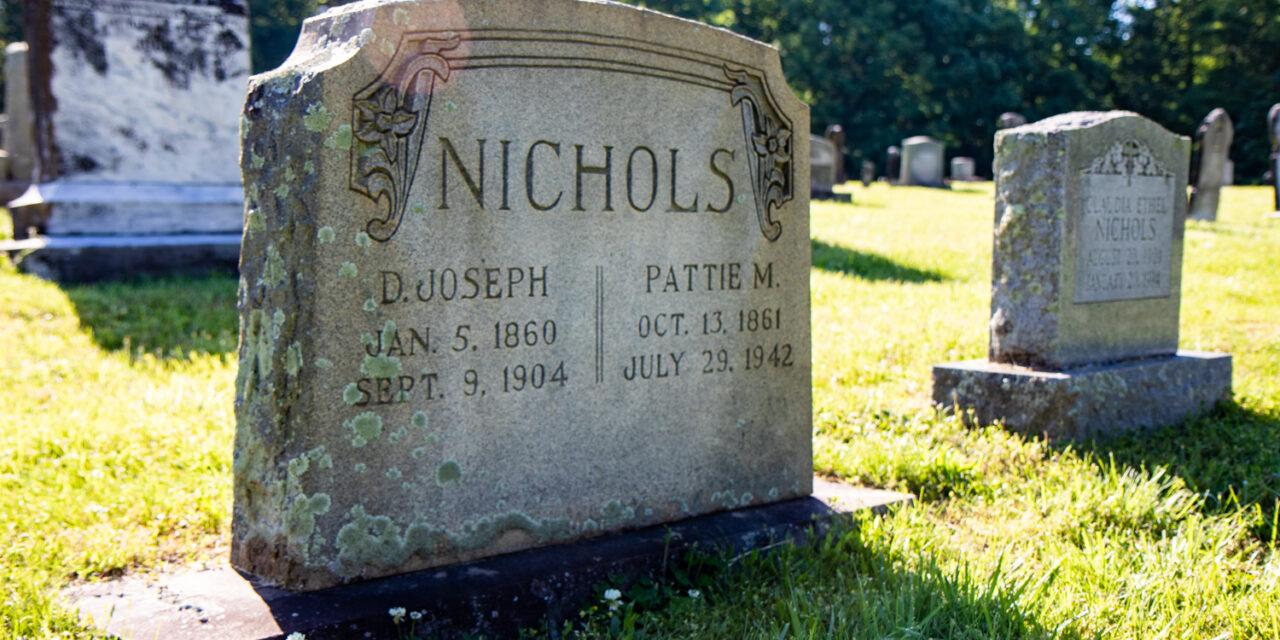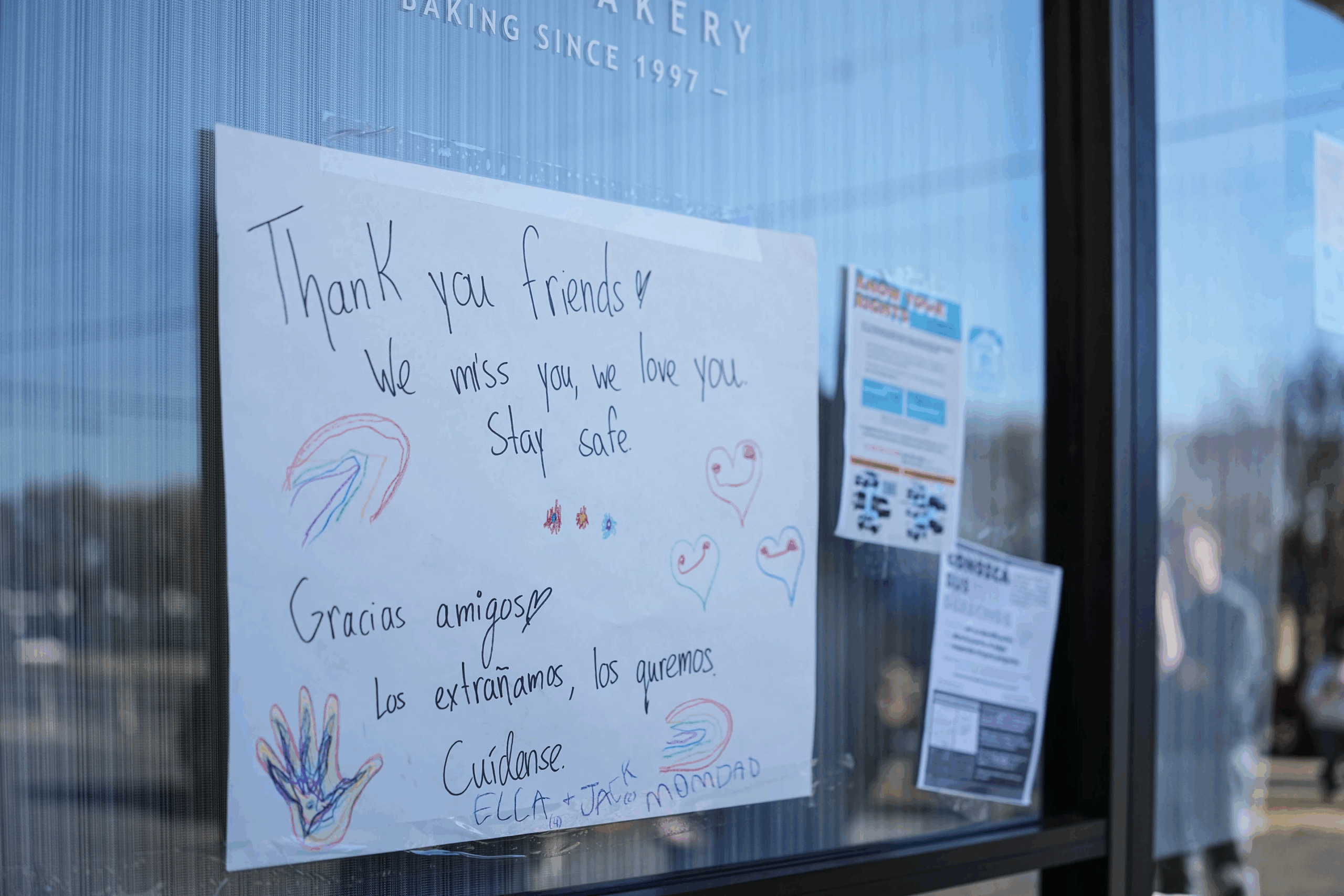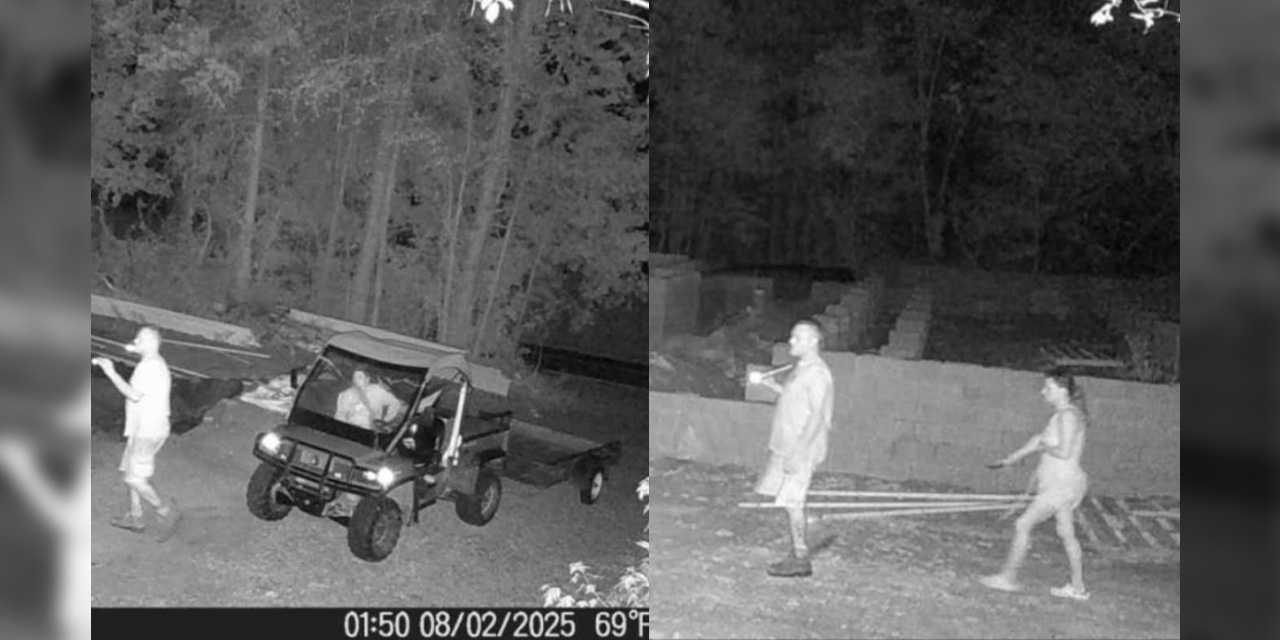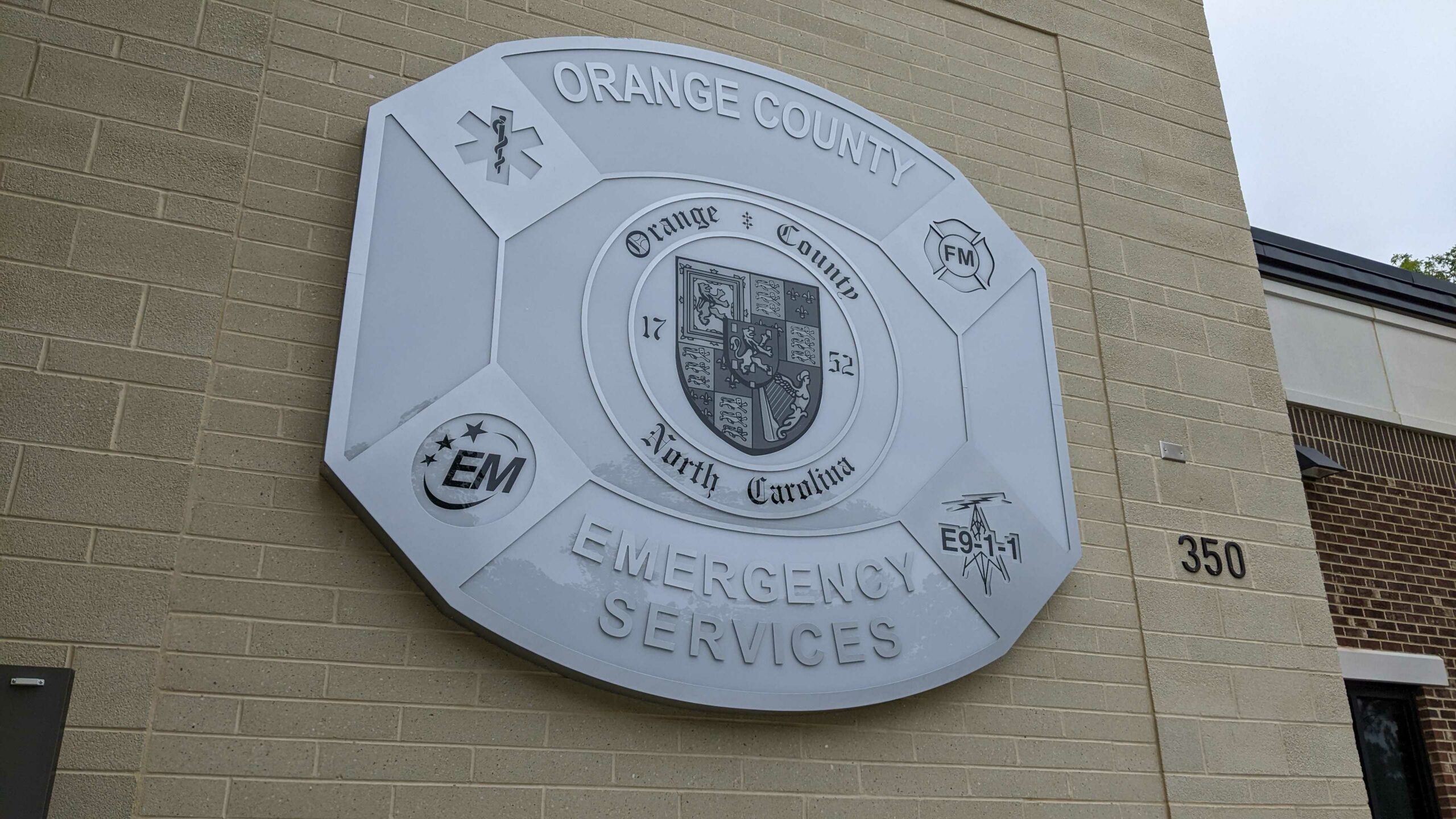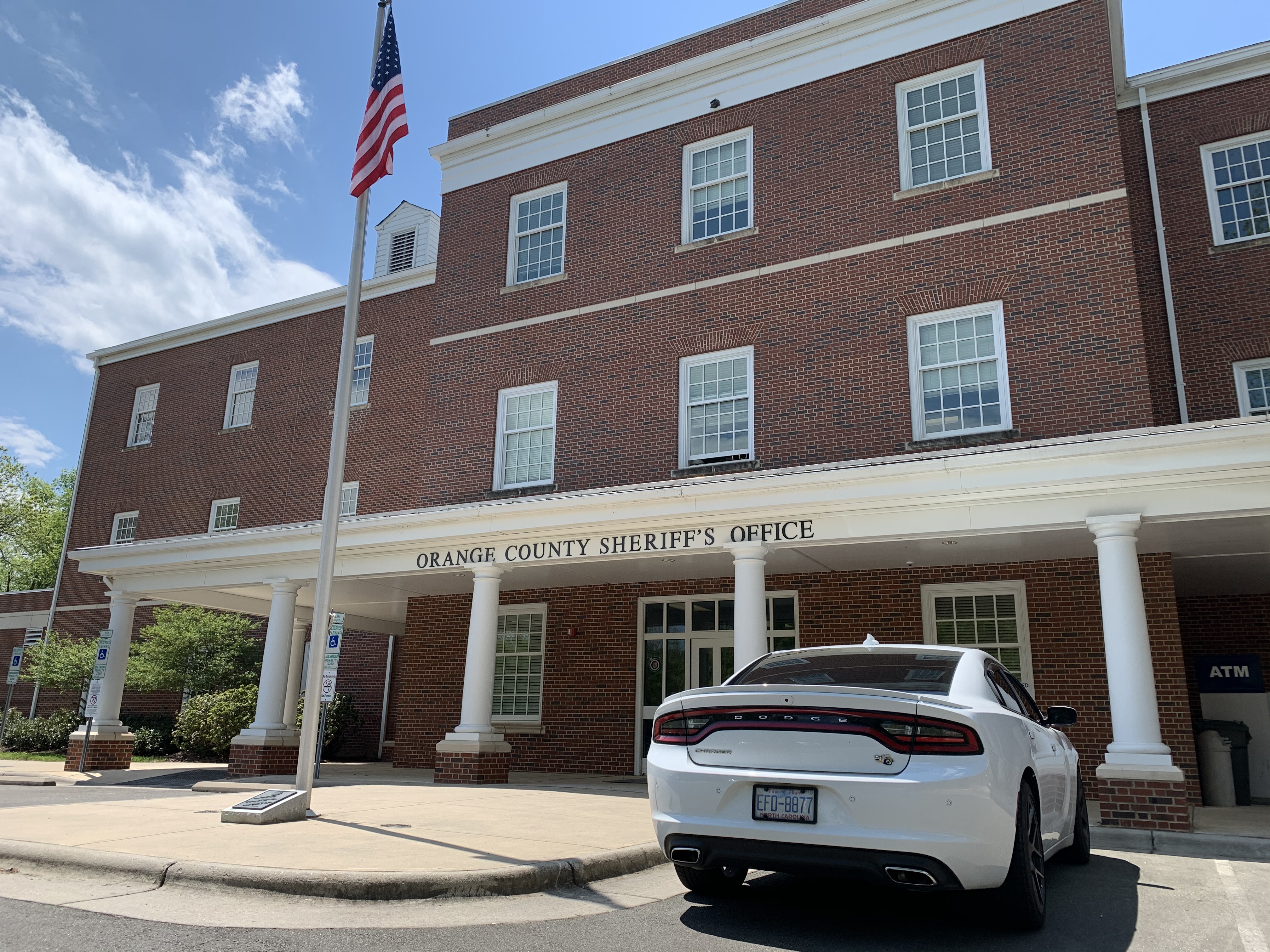As far as local records show, only one deputy from the Orange County Sheriff’s Office has been killed in the line of duty since the agency’s founding in 1752: a man named Duncan Joseph Nichols. Now, 117 years after his death, Nichols is set to be recognized for what was the ultimate sacrifice.
In Washington D.C., the National Law Enforcement Officers Memorial honors fallen peace officers by permanently recording their names in stone. In 1962, President John F. Kennedy signed a proclamation designating May 15 as the specific day to honor these officers; however, for those killed before that time, some names have gone unrecognized – until now.
Alicia Stemper is the Director of Public Information for the Orange County Sheriff’s Office. Recently, she did a deep dive into Orange County’s history to get deputy Nichols recognized for his service.
“I just believe strongly that one of the best ways for an agency to value the service of the deputies currently working there, and to let them know how seriously you take the sacrifice they’re prepared to make, is to show them how much you honor and remember and respect a deputy that has made that sacrifice,” Stemper said.
According to county records, Nichols was shot on September 9, 1904, while trying to serve a warrant on a man named James Knapp Horner near Hillsborough.
“The warrant alleged that Knapp had whipped his daughter-in-law,” Stemper said, “and Nichols was shot in the arm in the process of serving that warrant.”
At the time, Nichols was accompanied by a man named A.W. Breeze. Stemper said Breeze tried to stop Nichols’ bleeding with a pair of suspenders, but sadly, was unsuccessful.
“They tried to get Nichols home, but this is 1904,” she said. “They were in a wagon, pulled by a horse.”
Per local reports, Nichols knew he was going to die but wanted to make it home to see his children; however, an artery had been severed and he died before he reached his home at the Caldwell Institute. He was 44 years old.
Knapp, who fled the scene after the shooting, was captured three days later by a posse of 40-plus men, according to a clipping from the Raleigh Morning Post.
“He was shot during his capture,” Stemper said, “but the wounds weren’t fatal. It was pretty clear he didn’t require hospitalization because he spent a night in the Orange County jail where they posted a guard because the jail was not secure. That just tickles me that whatever was going on then was so different from how we picture it today.”
After one night in the Orange County jail, Knapp was transferred to Durham to await trial. He was tried in 1905, convicted of second-degree murder, and sentenced to 12 years in prison.
“It’s also fascinating to me what second degree murder looked like back then in terms of how it’s written into our laws today,” said Stemper. “Twelve years is an extremely short sentence for murdering anybody, and usually penalties are pretty harsh if you murder a law enforcement officer.”
Nichols’ final resting place is in the Little River Presbyterian Church Cemetery in Hurdle Mills, North Carolina. He is buried beside his wife Pattie, who lived until 1942 – almost 38 years after the death of her husband.
Now, in conjunction with Peace Officers Memorial Day and National Police Week, Nichols’ name will be formally dedicated on May 13, 2022, at the 34th annual candlelight vigil. Stemper said his name will be inscribed on the DC memorial alongside 22,000 other officers who have died in the line of duty.
“They have requirements for what they need before they will put somebody on the memorial and we passed that bar recently,” Stemper said. “I’m excited that this man who died so long ago is finally getting to be on that monument with so many other people who died in the service of their communities.”
Learn more about the life of Deputy Duncan Joseph Nichols here.
Lead photo via the Orange County Sheriff’s Office.
Chapelboro.com does not charge subscription fees. You can support local journalism and our mission to serve the community. Contribute today – every single dollar matters.

